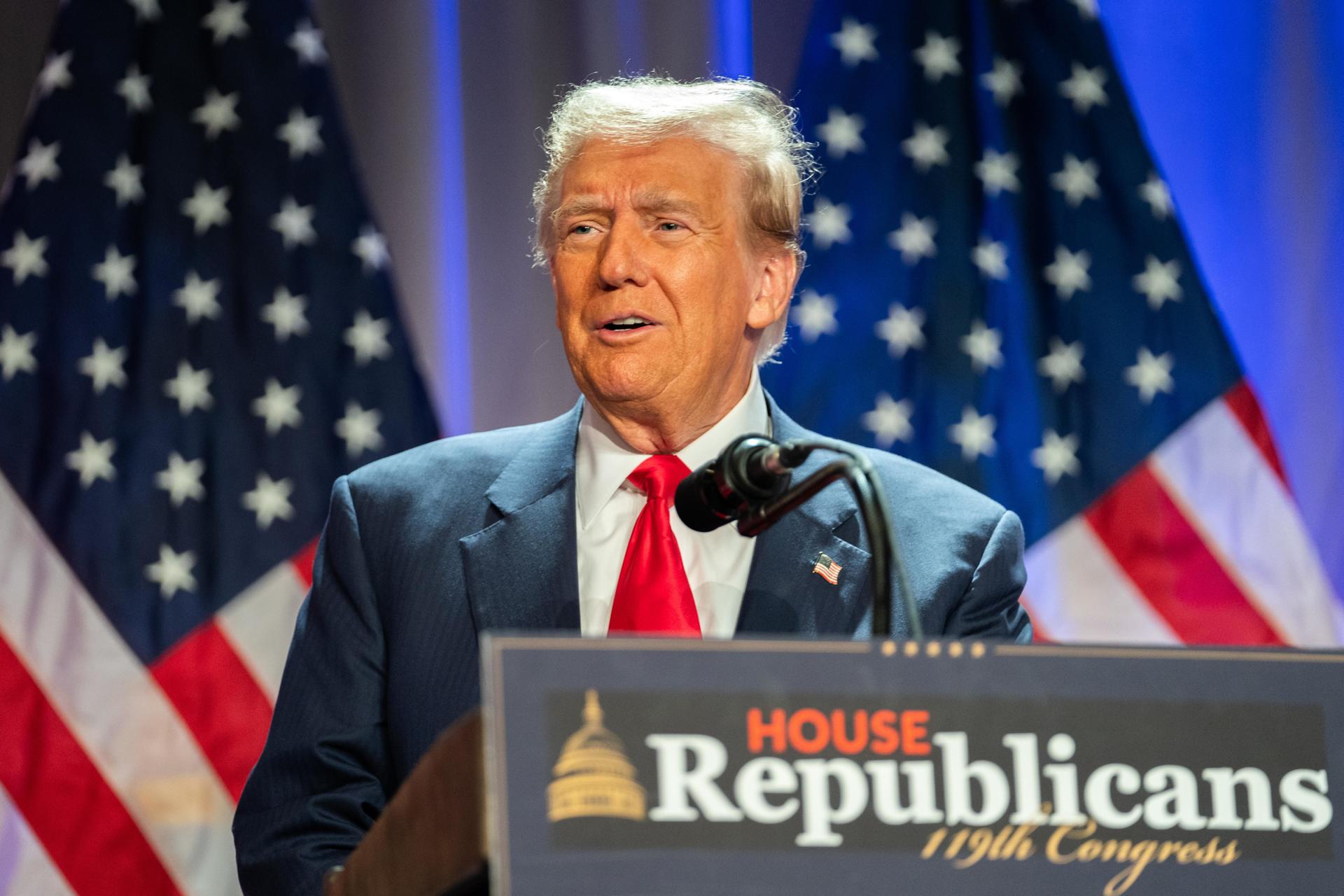Chicago Mayor Lori Lightfoot released her annual budget proposal Wednesday, revealing for the first time her plan to tackle the city's estimated $1.2 billion shortfall with layoffs and a property tax increase, among other cost-cutting and revenue-generating measures.
Lightfoot said the $12.8 billion budget proposal closes the $1.2 billion gap, 65% of which was tied to the coronavirus pandemic that has cratered revenues like sales tax and more as shutdowns to prevent the spread of the deadly virus have caused widespread economic devastation.
“Chicago’s 2021 Budget represents our city’s roadmap toward an inclusive and fiscally responsible recovery from the extensive challenges of the unprecedented COVID-19 crisis,” Lightfoot said in a statement.
“These decisions were developed through a robust community engagement process, prioritizing the long-term health and stability of our all our families and businesses, and rooted in our shared commitment to expanding opportunity across our entire city," she continued. "It’s these same values that have guided us throughout this crisis and will continue to carry our great city through the choices we face now, and in the successes that await us in the months and years ahead.”
The budget relies on more than $537 million in "savings and efficiencies," Lightfoot said. That includes $106 million in vacancy eliminations, layoffs and furloughs, as well as $114 million in non-personnel savings, $59 million from "sweeping aging revenue accounts" and $54 million in health care savings by negotiating better rates and finding additional savings from prior year audits and union negotiations, Lightfoot said.
"I have very vivid memories of when my father lost his job and we had to resort to food giveaways," Lightfoot said in her address, discussing the difficult decision to propose layoffs.
The personnel changes include eliminating roughly 1,800 vacant positions from all city departments, include police and fire, she said. The city would also see layoffs in roughly 350 positions effective March 1 under the plan, Lightfoot said. That delay will allow for time to "see if there will be any new federal assistance on the horizon" as President Donald Trump and members of Congress continue negotiations over a second coronavirus stimulus package.
Chicago Politics
"Congress, do your job," Lightfoot said in her address, repeating her call for federal assistance for municipalities and industries most impacted by the pandemic. "Don't leave us, cities and towns all across this country, high and dry. Do your job that we sent you there to do."
"If we get federal stimulus that addresses our fiscal needs, if that happens, we can make any appropriate pivots at that time," she said.
Lightfoot also proposed five furlough days from all non-union workers, saying she will take those days herself.
Debt refinancing and restructuring accounts for $501 million in savings, the mayor said.
The budget also includes nearly $185 million in increased revenues, Lightfoot said, generated in part through a $93.9 million proposed property tax increase.
That tax hike will have an estimated impact of roughly $56 a year on a median home valued at $250,000, Lightfoot said.
Lightfoot also proposed an increase on the city's gas tax by $0.03 per gallon, as well as an increase to the personal property lease tax applied to computer leases of cloud software and cloud infrastructure
Her proposal also includes $76 million in TIF surplus funding and taking $30 million from the city's Rainy Day Fund.
"To be clear folks, we are not experiencing just a rainy day. It is a rainy season," Lightfoot said.
When it comes to what the budget proposal will fund, Lightfoot said her plan includes an additional $5.25 million in funding for community-based violence prevention and reduction efforts, which will support the expansion of violence prevention programming and launch a pilot to involve mental health professionals, paramedics and crisis intervention-trained police officers responding to certain 911 calls.
Following months of renewed protests and calls to reallocate funding from the Chicago Police Department to social services and other initiatives, Lightfoot again came down strongly in the position she's often repeated.
"I have been very clear that I do not support defunding police," Lightfoot said. "I also reject the false narrative that it's either fund the police or fund the community."
She noted that the federal consent decree that the city entered after a scathing 2017 Department of Justice report found a "pattern and practice" of civil rights violations committed by CPD requires certain portions and programming to be funded as part of its court monitored-reforms.
The budget also includes an additional $1.7 million for youth programming, $2 million for affordable housing, as well as $7 million for workforce training and small business assistance, Lightfoot said.
Chicago's City Council will next hold hearing on the proposed budget, with a deadline of Dec. 31 to approved a balanced budget.



